yí
ancient barbarian tribes
Original meaning:
level
Originally depicted a rope wrapped around an arrow. The current meaning is a phonetic loan.
Evolution

Oracle script
(~1250-1000 BC)
Bronze script
Late Western Zhou (~800 BC)
Seal script
Shuowen (~100 AD)
Clerical script
Eastern Han dynasty (25-220 AD)Regular script
ModernDefinitions
yí
ancient barbarian tribes; non-Han people, esp. to the East of China; barbarians; to wipe out; to exterminate; to tear down; to raze
Most common words with 夷
Freq. | Word | Meaning |
|---|---|---|
Hawaii, US state | ||
barbarians | ||
unimaginable | ||
to level | ||
Mt Wuyi in Fujian |
Sources
季旭昇《說文新證》p.764-765
